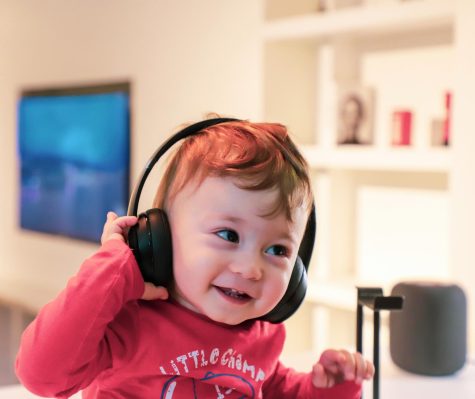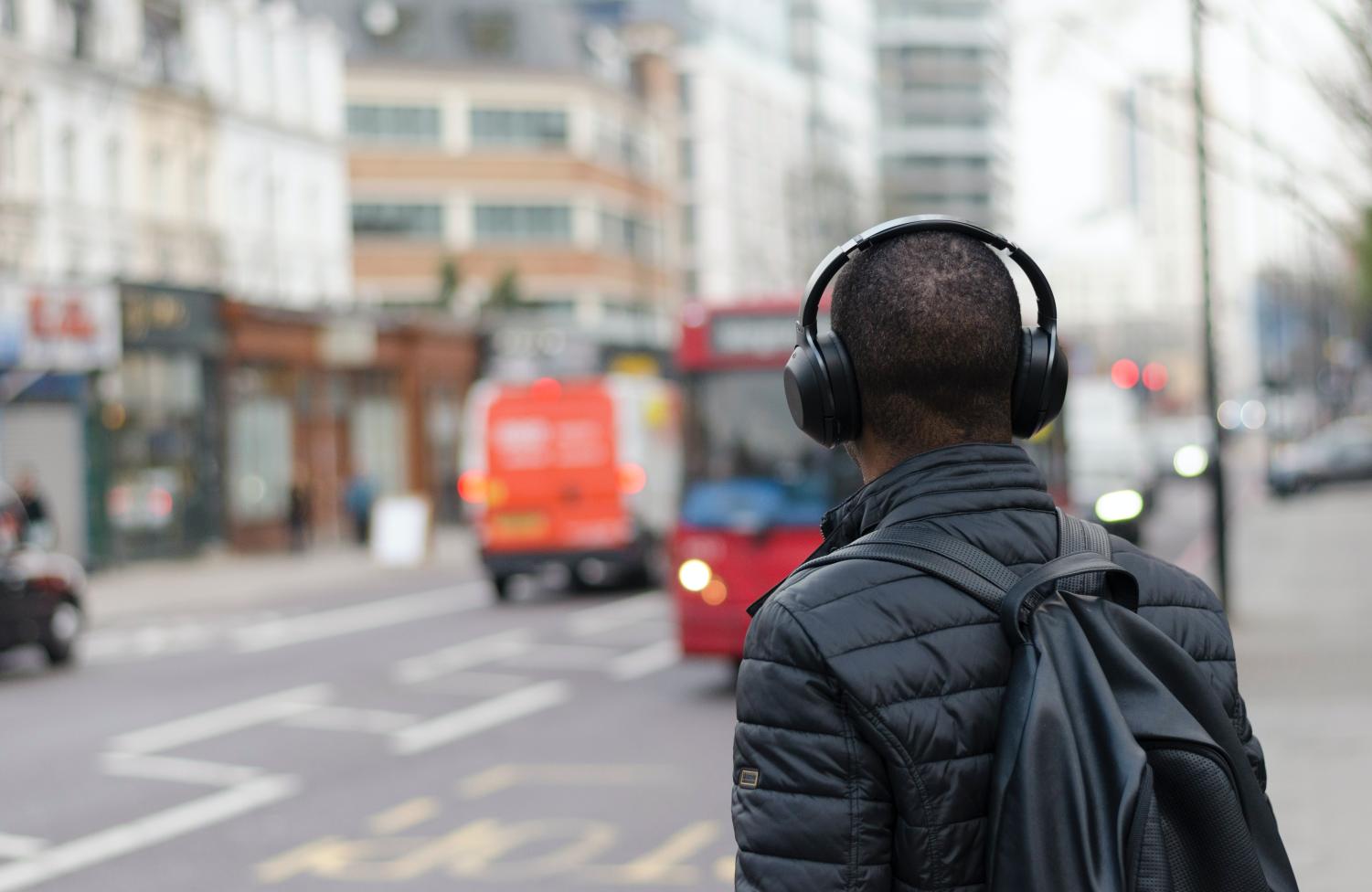Simply Put, How Does Music Affect The Brain?
Music, especially specific songs, has a significant impact on our lives. What is the secret to music's mysterious power in the brains of musicians and listeners when played?
May 6, 2022
The Power of Music and The Brain
A trip to the gym is the ideal solution for working out your body. However, if you want to exercise your brain, crank up some tunes and listen to some music.
Listening to music entails far more than simply opening an app and selecting a song. A stereo system or speaker sends out vibrations that travel through the air to our ears, where they interact with the eardrum and are converted into electrical signals. These signals travel through the auditory nerve and into the brainstem, where our brains interpret chords, harmonies, and rhythms to perceive sound waves as melodies.
Music Keeps your Brain Networks Strong
Music stimulates nearly all of the brain’s networks. As a result, listening to music strengthens connections between many different areas of the brain, including those responsible for emotion, memory, learning, well-being, cognitive functioning, and movement.

According to a recent survey on music and brain health conducted by the American Association of Retired Persons, active musical engagement is associated with higher levels of happiness and advanced cognitive functioning. Furthermore, 68 percent of those who reported frequent exposure to music as a child rated their ability to learn new things as “excellent” or “very good,” compared to 50 percent of those who were not exposed to music as a child.
So, what exactly enables music to have such an impact on our minds? Cortisol levels, a stress hormone, begin to fall when you listen to a melody. You also get a boost of dopamine, which is a reward hormone that can help you feel better. The amygdala is the main area of the brain responsible for music processing. It stores memories of events and emotions, making it the center of our mood and mental state. Listening to upbeat music can improve your mood and help you achieve a significantly healthier mental and emotional balance by activating a positive response in the amygdala. With approximately 40 million adults in the United States suffering from anxiety, music should be regarded as a powerful supplement to psychological medical treatments.
Physical Benefits of Music

Music can also be beneficial to your physical health. Listening to relaxing music can help slow your heart rate and lower your blood pressure, promoting a healthy heart by allowing blood to flow more freely, according to research discussed by Shonna Waters, Ph.D. Based on this research, music therapy may be used to improve the efficacy of blood pressure medication.
Because of music’s relaxing properties, incorporating it into your bedtime routine can help you fall asleep, manage insomnia, and provide a distracting stimulus for your brain that relieves pain. With stressful lives becoming more common, our nervous systems could benefit from a little help from music to release more reward and relaxation hormones.
Turn the Music on Right Now!

According to an AARP survey, those who actively listened to music had the strongest brain benefits, but even those who primarily listened to background music had benefits too. If you’re feeling down, put on some music that will make you feel better. Uptempo music can give you a boost of energy. And you can get the most health benefits from music if you combine it with an aerobic and social activity.
Depending on your needs at the time, motivational rap music can lift your spirits when you’re feeling down, metal music can boost self-confidence before a presentation, and classical music can help you relax after a long day at work. Music, regardless of genre, is guaranteed to activate your brain and improve your cognitive state.
Sources:
“Keep Your Brain Young with Music.” Johns Hopkins Medicine, 13 Apr. 2022, https://www.hopkinsmedicine.org/health/wellness-and-prevention/keep-your-brain-young-with-music#:~:text=It%20provides%20a%20total%20brain,%2C%20mental%20alertness%2C%20and%20memory.
MD, Andrew E. Budson. “Why Is Music Good for the Brain?” Harvard Health Blog, 7 Oct. 2020, www.health.harvard.edu/blog/why-is-music-good-for-the-brain-2020100721062.
